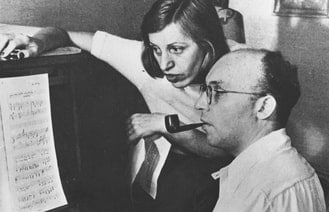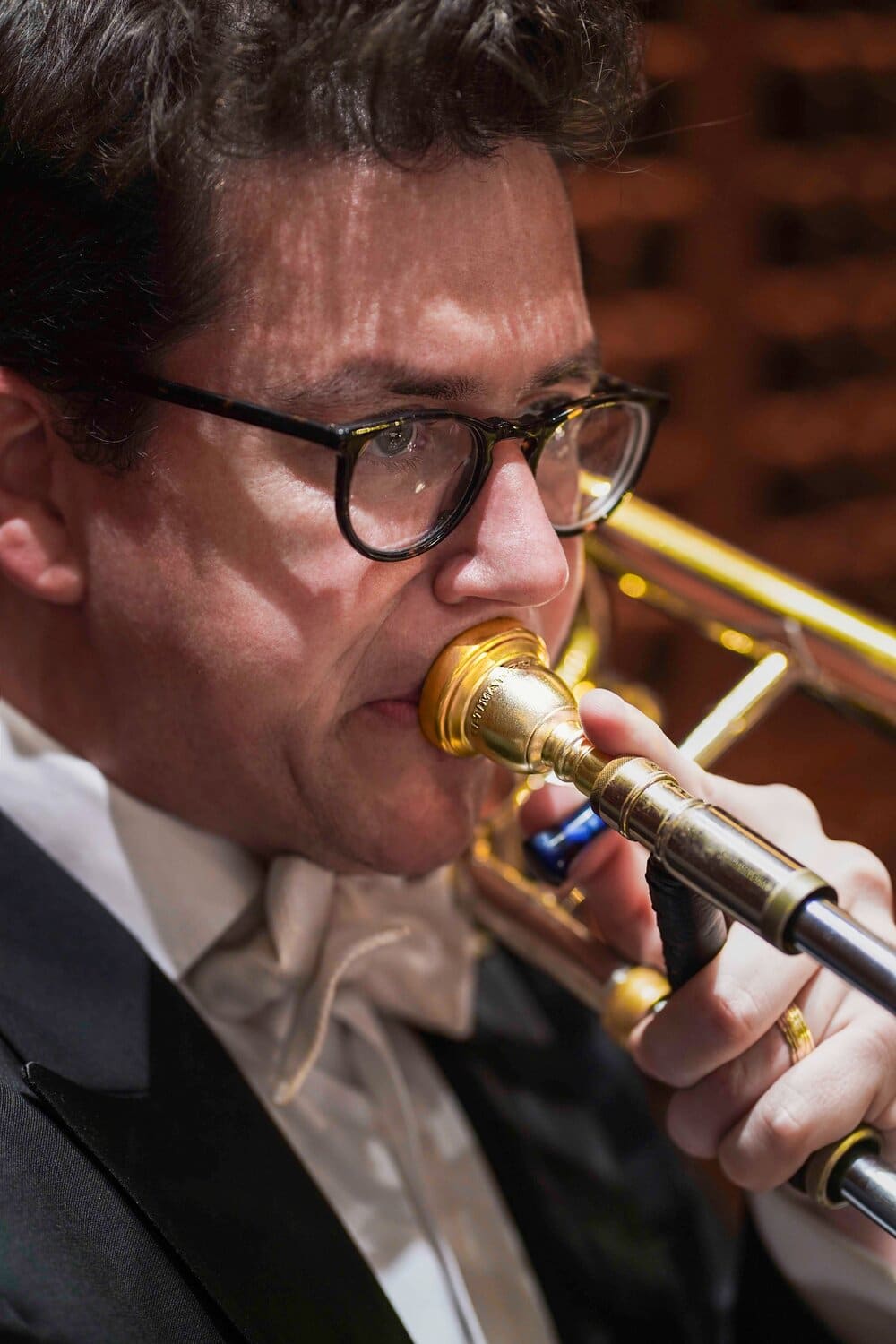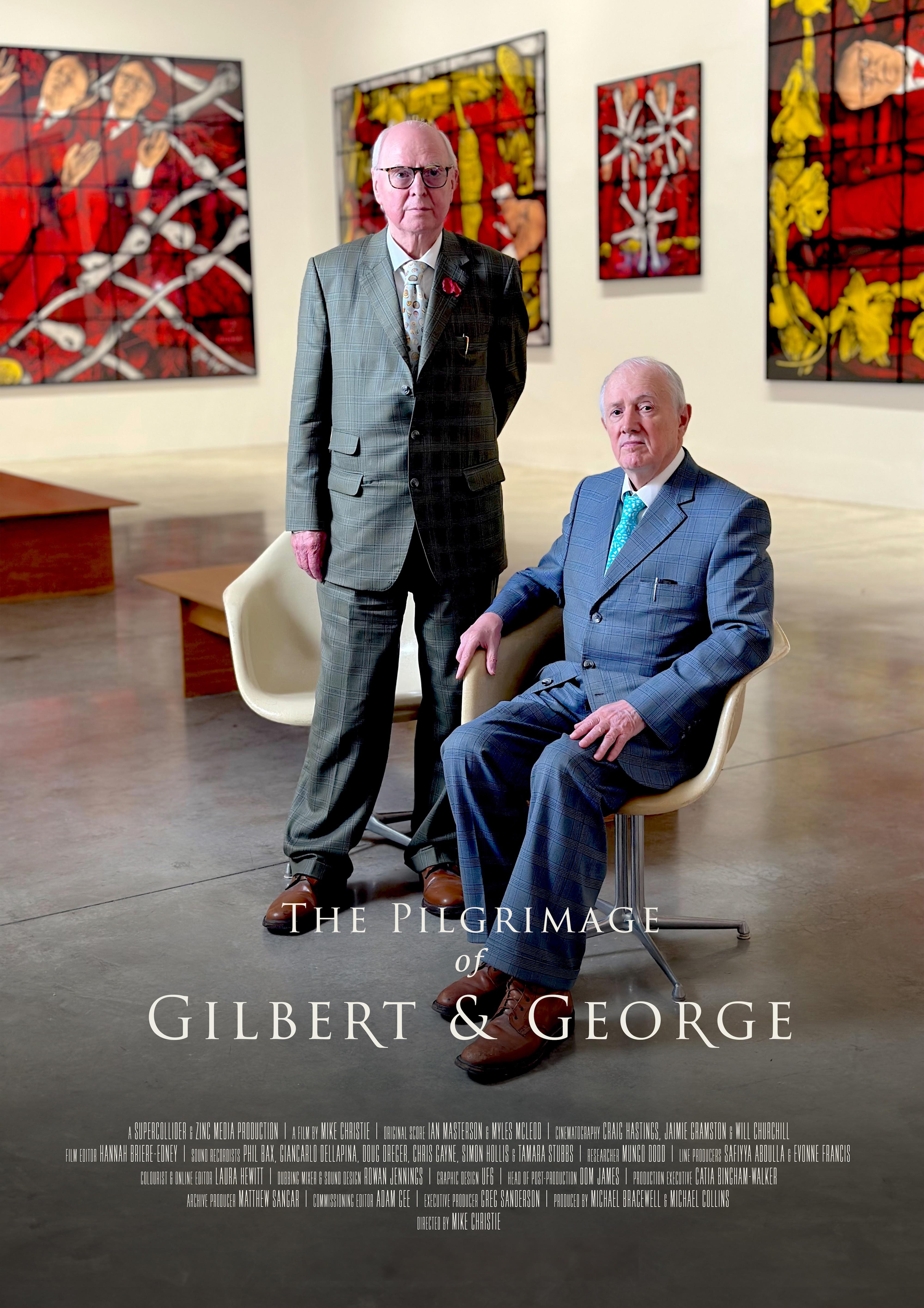It’s been a Weill…
Album Of The WeekFrom the Lebrecht Album of the Week:
The sound of Berlin in the Weimar years is defined by Kurt Weill. More than any other composer, his music for the Bertolt Brecht shows conjured the jittery, reckless, hopeful, resigned, and inventive carousel of a society in perpetual crisis. Weill, son of a Jewish cantor from provincial Dessau, cracked the capital’s musical codes and perpetuated them in songs for his cracked-voice wife, Lotte Lenya. There were also two symphonies, but we don’t talk about those, do we?…
Read on here.
And here.
En francais ici.






Comments